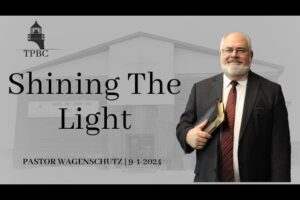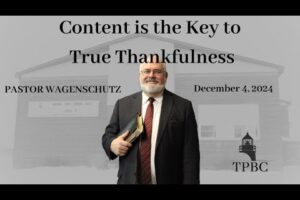In the previous excerpts, Charles Finney had realized God promised to answer pray under certain conditions. The conditions he listed for prevailing prayer are as follows (continued from last week):
(i) Taking up the stumbling-blocks is another condition. –Ezekiel 14:3: “Son of man, these men have set up their idols in their heart, and put the stumbling-block of their iniquity before their face. Should I be inquired of at all by them?”
(j) Fervency is a condition. A prayer, to be prevailing, must be fervent. –James 5:16: “Confess your faults one to another, and pray one for another, that ye may be healed. The effectual fervent prayer of a righteous man availeth much.”
(k) Perseverance or persistence in prayer is often a condition of prevailing. See the case of Jacob, of Daniel, of Elijah, of the Syrophenician [sic.] woman, of the unjust judge, and the teaching of the Bible generally.
(l) Prevailing prayer is specific. It is offered for a definite object. We cannot prevail for everything at once. In all the cases recorded in the Bible in which prayer was answered it is noteworthy that the petitioner prayed for a definite object.
(m) Another condition of prevailing prayer is that we mean what we say in prayer; that we make no false pretences; in short, that we are entirely childlike and sincere, speaking out of the heart nothing more nor less than we mean, feel, and believe.
(n) Another condition of prevailing prayer is a state of mind that assumes the good faith of God in all his promises.
Prevailing prayer is that which secures an answer. Saying prayers is not offering prevailing prayer. The prevalence of prayer does not depend so much on quantity as on quality. – Excerpts from Charles Finney’s article “Prevailing Prayer.”


